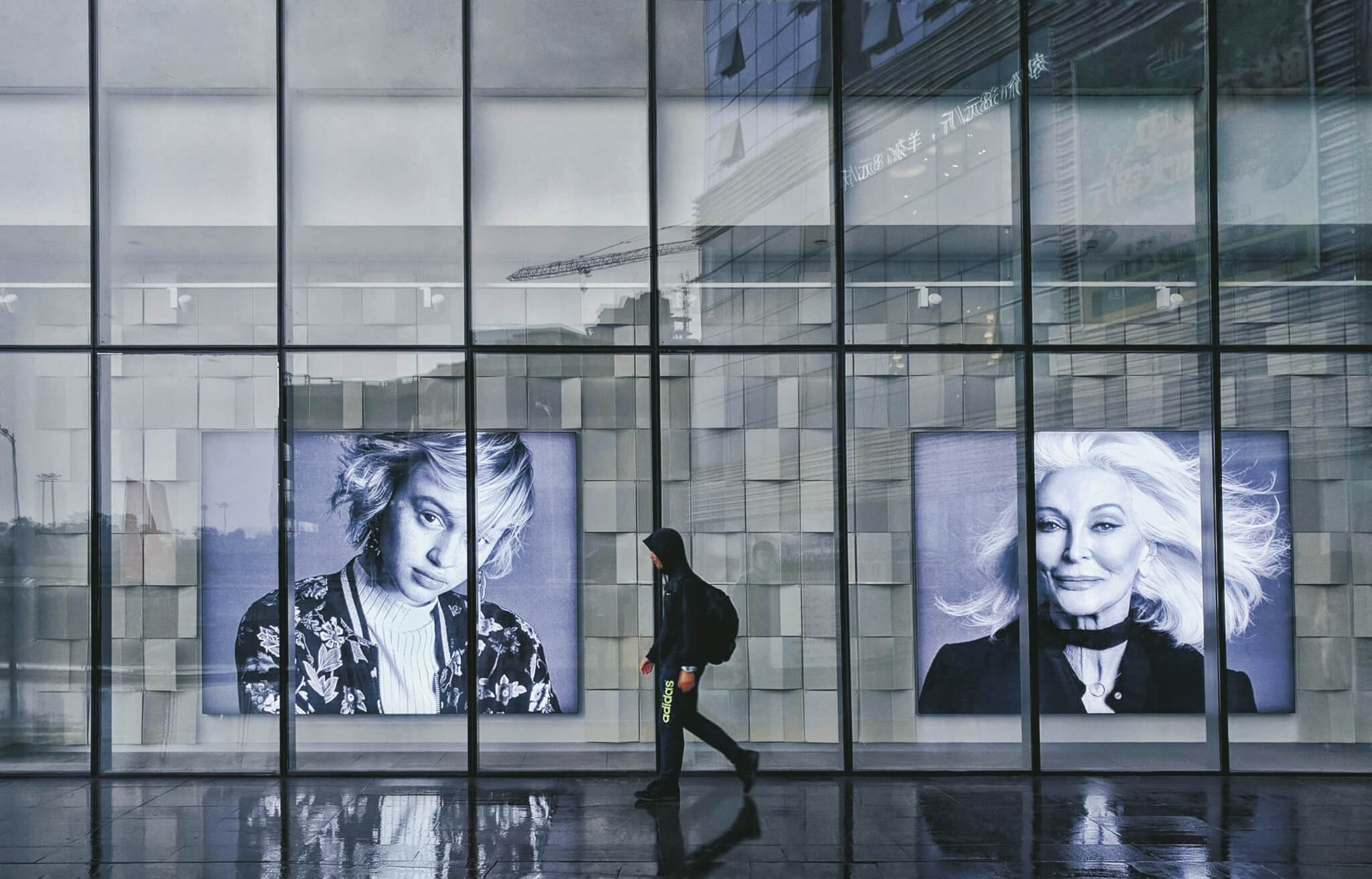
A recent picture of image rights
In two recent cases, the Paris Court gave useful clues as to the use of image rights in the context of commercial advertising.
In the first case[i], a model was hired to shoot an advertising video for a start-up company specializing in software and IT systems. The model signed an agreement on 24 September 2013 authorizing the use of his image on web media for a period of two years, but the parties omitted to provide for the starting date of such period. In October 2016, the model noticed that the video featuring him was still available on the company’s website and on YouTube. The company blurred the face of the model, but left the video online.
The decision was handed down in the frame of summary proceedings. Two pieces of information can be highlighted:
- A person’s body is one of the attributes of image rights; therefore, blurring the face of a model, where the rest of the body is still visible on the medium, is not sufficient to avoid image rights infringement; and
- If the agreement does not provide a start date for the duration, the Court may interpret the parties’ intent and decide that the authorized period starts from the date of signature of the agreement, not the date of the release of the publication.
In the second case [ii], a model took part in photo shoots for a fashion company between 2013 and 2015. In December 2014, the model was hired as a communication assistant for the same company, but carried on participating as a model in photo shoots. No agreement on the use of the model’s image rights, including in the employment contract, had been signed by the parties, and the model’s image was being extensively used on multiple media.
The Court ruled that:
- Where no written document evidences the scope of the authorization, the factual circumstances may result in implicit authorization; however, the Court considered that:
- The existence of remuneration gives no precision as to the scope of such an authorization, particularly with respect to the range of media; and
- The mere fact that the model accepted to take part in photo shoots did not imply consent as to the use of her image on the various media.
- In any event, an authorization granting rights for an unlimited period of time, on any media, would not be valid from a contract law perspective.
Thus, users of image rights need to be careful in drafting consent forms or any other kind of image rights authorizations, especially in relation to the scope and duration of the permitted uses.
[i] TGI Paris, Ordo. Réf., 16 November 2018 [ii] TGI Paris, 17th Chamber, 21 November 2018
[ii] TGI Paris, 17th Chamber, 21 November 2018








